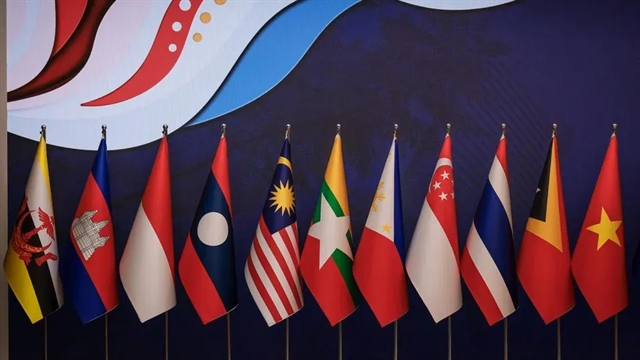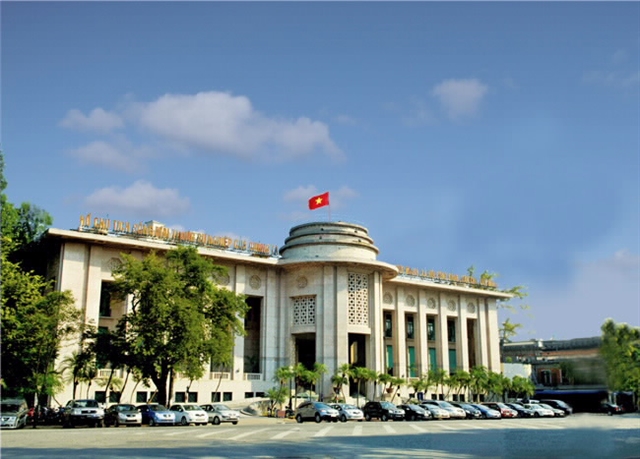 World
World

PARIS — Rich nations appeared on Tuesday to be moving towards a temporary debt relief deal to help poor countries weather the coronavirus pandemic.
Finance ministers and central bankers from G7 countries said on Tuesday they favour a temporary halt to debt payments from the world's poorest countries, but only if G20 governments also agree.
Noting that poor countries face the most hardship in trying to deal with the coronavirus pandemic, the Group of Seven advanced nations said it stands "ready to provide a time-bound suspension on debt service payments" owed to their governments "if joined by all bilateral official creditors in the G20 and as agreed with the Paris Club."
French Finance Minister Bruno Le Maire announced earlier that G20 nations and the Paris Club of wealthy nation creditors had agreed to a one-year moratorium on debt payments for poor nations.
He said G20 and Paris Club nations, which includes all members of the Group of Seven, had agreed on the moratorium for 76 nations including 40 in sub-Saharan Africa.
Le Maire said the agreement so far includes the postponement of $20 billion in payments to bilateral and private creditors.
Another $20 billion in payments to multilateral institutions, mostly to the World Bank, is still awaiting a decision.
The International Monetary Fund, the other major multilateral creditor, announced debt relief for 25 poor countries for six months on Monday.
The G20 includes major emerging market economies like China, which Le Maire said Tuesday had supported the debt relief initiative.
G20 finance ministers are to hold a conference call on Wednesday.
Relief or forgiveness?
Many poor and developing nations have taken advantage of relatively low interest rates to borrow abroad. Now the need to make payments is choking funding for their efforts to control the pandemic and relaunch their economies.
Calls for debt forgiveness have been growing, including from Pope Francis and French President Emmanuel Macron, as poor countries need to lift spending on health care to confront the pandemic.
"May all nations be put in a position to meet the greatest needs of the moment through the reduction, if not the forgiveness, of the debt burdening the balance sheets of the poorest nations," the pope said in his Easter message.
In a televised national address on Monday, France's Macron also called for cancelling debts.
Le Maire acknowledged that a moratorium fell short of that goal, but said it represents a "major step" towards helping countries respond to the coronavirus crisis.
"If for certain countries among the poorest on the planet it appears that the debt is not sustainable... that could lead us to cancel debts," Le Maire said.
He said debt cancellation would be done on a case-by-case basis and on a multilateral level by creditors.
The lockdowns threaten to cause upheaval in international trade, with fears that some nations might impose considerable export restrictions on foodstuffs, causing prices to spike and shortages for importing nations.
"We have seen a risk of food shortages developing for these countries which could lead straight to a human catastrophe," Le Maire said.
While there is widespread agreement on temporary debt relief, there is no deal yet on giving the IMF more firepower to help countries in financial trouble.
Le Maire said the United States was so far opposed to increasing the funds the IMF can deploy by 500 billion euros (US$550 billion). — AFP




